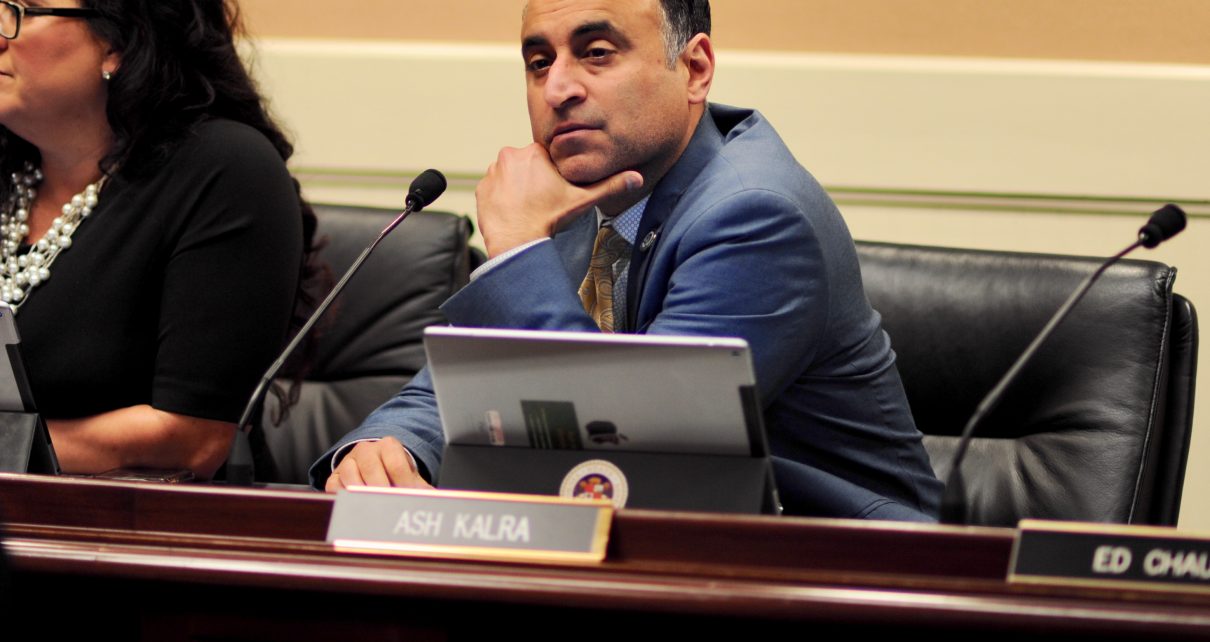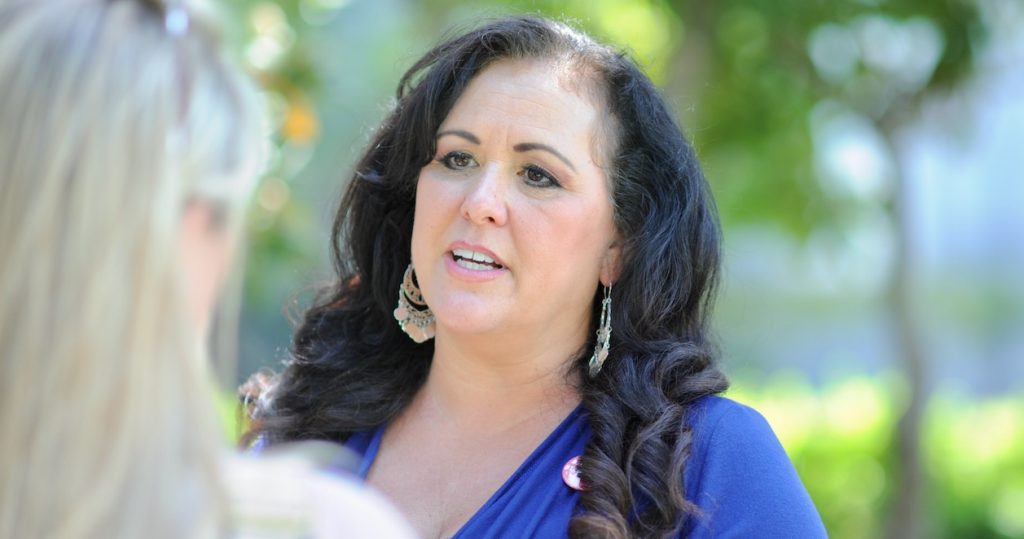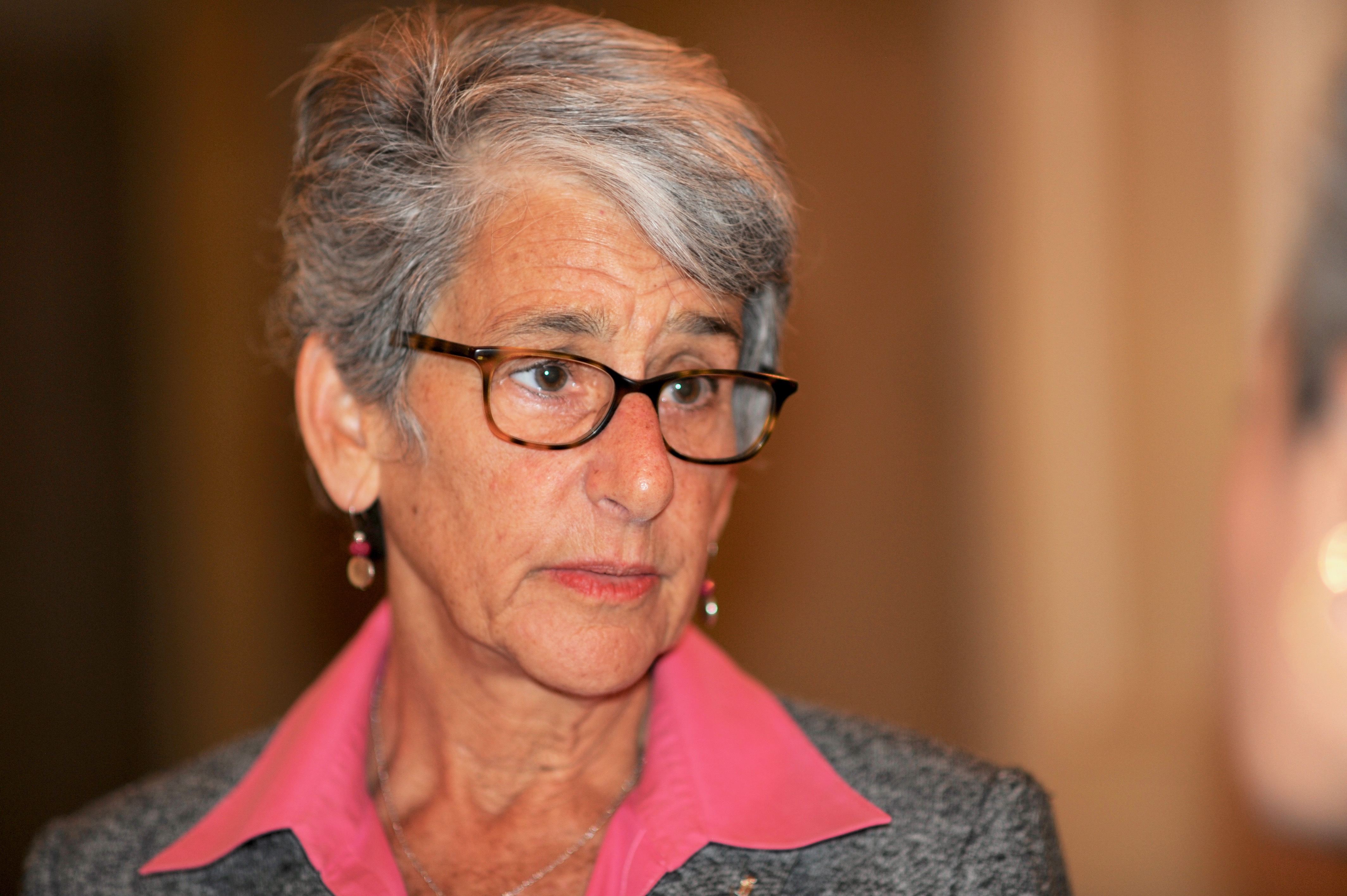
Assemblyman Ash Kalra. (Photo: Kevin Sanders for California Globe)
Laid-Off Hospitality Workers To Get Jobs Back, More Leave Time Under New Bill
AB 3216 narrowly passed the Assembly vote last week
By Evan Symon, June 22, 2020 2:08 pm
A bill to allow service and hospitality workers a right to return their jobs due to coronavirus related lay-offs, and institute paid emergency leave, faces a tough round of senate hearings this week.
Increased coronavirus leave and a guaranteed right to return to the place of employment
Assembly Bill 3216, c0-authored by Assemblyman Ash Kalra (D-San Jose) and Assemblywoman Lorena Gonzalez (D-San Diego), would also make it illegal for an employer to refuse to grant an employee request to take up to 12 weeks off for family and medical leave in a year for a coronavirus related illness. This would include going on leave to help care a child, spouse, or parent whom they are responsible to care for, in line with the Family Medical Leave Act (FMLA).

Paid emergency leave would also be required under AB 3216 for all public health emergencies declared by the Governor, i.e., the coronavirus or bird flu. Workers would get 7 days, or 56 hours, to use for any purpose regarding the health emergency. Part-time workers would get a rated equivalent of time off.
Workers will also be guaranteed a right to return to their job if the business in question has changed ownership.
Assemblyman Kalra noted that he pushed for the bill to give workers who had a greater risk of contracting coronavirus greater health and job protections during such a difficult time. Getting their job back when the business reopened would ensure no job loss, and having extra time off would reduce the spread of coronavirus.
“Given California’s connectedness to the rest of the world, it is absolutely critical for us to consider measures that will help prevent the spread of infectious diseases,” said Assemblyman Kalra in a May press release. “While we continue to work with our federal government and public health officials to implement broader policies that will help promote healthy workplaces and necessary protections for workers, we have to consider that any employee impacted by COVID-19 should be allowed to recover away from work or care for a family member who is impacted without the fear of risking their employment or placing their co-workers at greater risk.”
“We need to be prepared for other emergencies as well, like the destructive and increasingly severe wildfires that have ravaged our state. Implementing long-term policies—policies that many countries have already adopted—will help get people through a crisis like this in the future and will also ensure employers have consistent procedures they can follow that preserve their businesses during states of emergency.”
Opposition to AB 3216
Despite the backing of the majority of Democrats and service and hospitality worker unions and organizations such as Unite Here, AB 3216 has faced widespread opposition. The bill was close to being voted down in the Assembly last week due to a large number of abstentions, and a large opposition to AB 3216 in the Senate is growing due to a large number of ill-effects tied to the bill.
“This bill would absolutely hurt businesses, particularly smaller businesses,” noted hospitality instructor Devon Willis. “A maid at a large hotel chain or an airport skycap taking a few weeks off won’t hurt that much due to a large chain or business having enough extra people to go around. With reduced business, there are probably a number of laid-off employees waiting to get back at it anyway.
But for a small business to lose a few servers or their janitor? That’s big. Not only does the small business still have to pay them during this time, but that means the business either has to combine jobs to get things done, which leads to a lot of stress and greater disease risk, or they have to spend more money to hire and train a temporary worker. Especially in this climate.
There’s nothing inherently wrong with a right of return. You know, you were laid-off, but now you’re guaranteed to get back if it was done over COVID-19. A lot of these people also lost health-care due to this, so it’s also a health concern. But the rest is a huge burden to put on a business. That’s why a lot of Assembly members were up in arms over this.”
AB 3216 will face Senate committee hearings soon. Close votes on the bill are expected.
- San Diego Country Supervisor Jim Desmond Calls San Diego New Epicenter Of Illegal Crossings By Migrants - April 27, 2024
- Oracle Moving Headquarters Out Of Austin Only 4 Years After Moving Out Of California - April 26, 2024
- Congressman Adam Schiff Robbed of his Luggage in San Francisco Car Break In - April 26, 2024





I wonder if any hotels can afford to pay their employees when they have no customers? I suppose the bright side is once these Marxists drive the hotels out of business they can buy them up cheap and turn them into flop houses for the homeless.
@ CW
You might be right about the hotels and businesses. I’ve actually been wondering what the power grab for real estate, and especially hotels really is about.
Regardless of what democrats say they could care less about the homeless just by the simple proof of their historical actions towards them. If they house them they’ll want to use them for something. They are already using them to raise taxes, but maybe it’s to create a mob that will carry out the dirty deeds of the democrats. I remember obama at one point saying something about a private police force as well armed as the military. Who knows, but if they can figure out a way to control them as a group they’ll use them as a group for something.
The problem for the democrats is getting the homeless to clean up and fly right, because these people have proven time and time again no matter where you put them they will do what they want. If you enforce rules on them they’ll wander right back to the street.
Most ridiculous comment ever! Congrats JuggerNOT
“I remember obama at one point saying something about a private police force as well armed as the military.”
True and we see his wish in action today.
Thanks for the reminder.